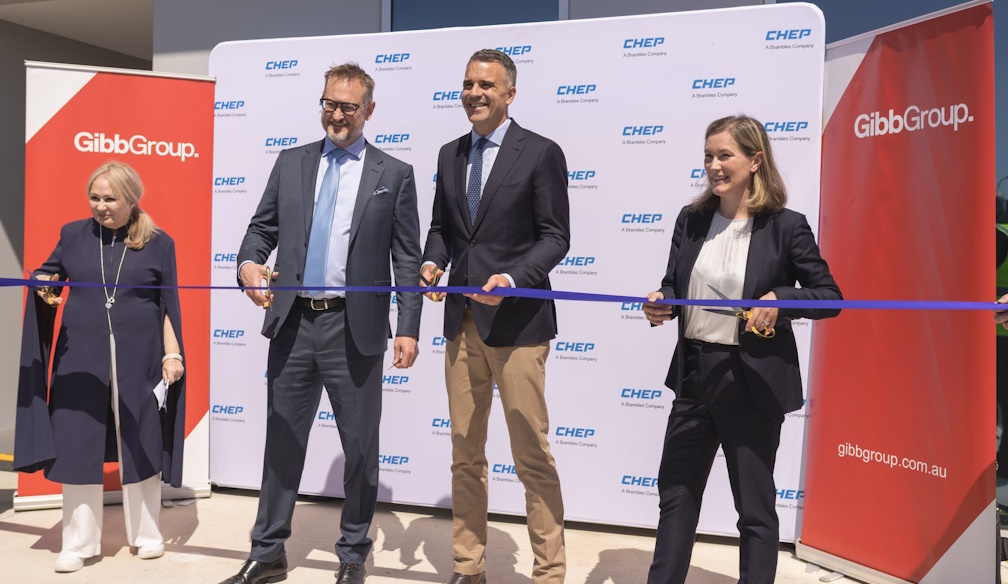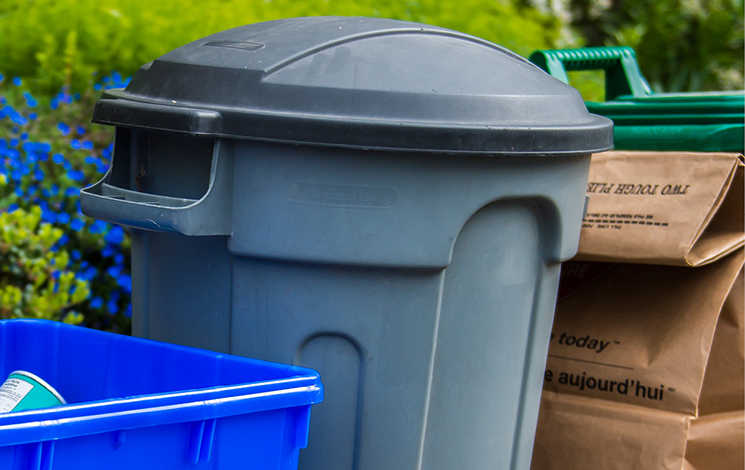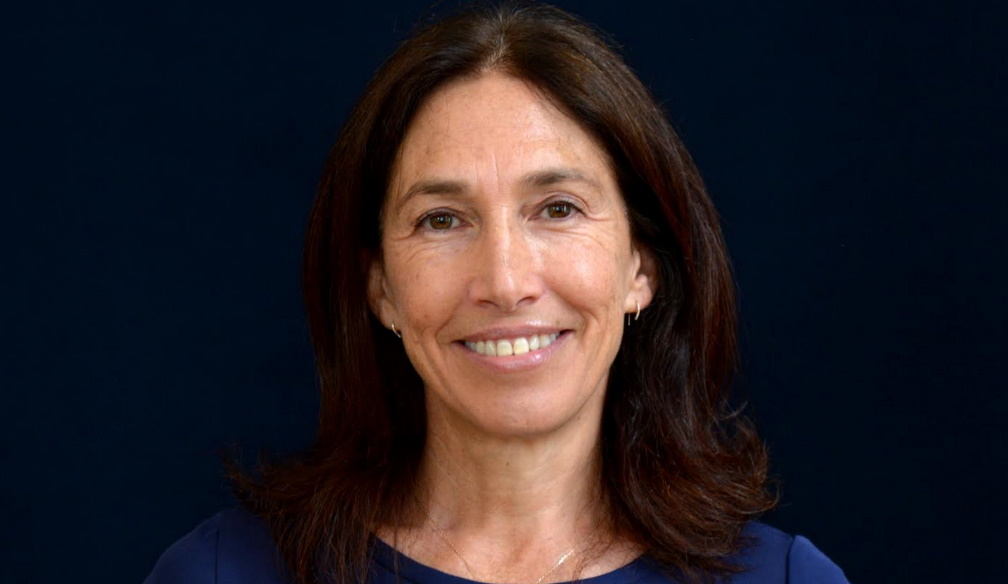David Littleproud interview on Sky News with Peter Stefanovic
- Written by David Littleproud

PETER STEFANOVIC: Well, National's Leader Barnaby Joyce has rejected calls for stronger emissions reductions targets despite stark warning delivered in a climate change report released yesterday. Joining me live now is the Deputy Nationals Leader David Littleproud.
Minister, good to see you this morning. Thanks for your time. Will the Nats commit to stronger targets when it comes to cutting emissions?
DAVID LITTLEPROUD: Well, not until we see the detail, and that's what the National Party party room will then make a determination on. It will be a party room decision. We'll see what's put in front of us. And to ensure that regional Australia, particularly farmers, don't foot the bill for this. We already have to get us to where we are, to achieve Kyoto and to beat Paris. Farmers have done the heavy lifting. We can be part of the solution. We want to be part of the solution, so long as we square the ledger in terms of the financial reports. But we need to see the detail. And above all, I think, we need to be honest with everybody across this country about how we would get there and who would pay for it. Not only to Australian citizens, but to the world. We've got a good track record and we should celebrate the fact we've met our international commitments, because we've been honest, we've looked people square in the eye, we've told them how we're going to do it. And that's what we should do to the Australian people. Labor are going to blindly say they're going to get there, but they can't tell anyone how they're going to get there. And who's going to pay for it? That's dangerous, that's reckless, and that's not the right Australian way in which to handle these matters.
PETER STEFANOVIC: What does that detail that you're waiting- what does that detail need to include to get your okay, to get your party across the line?
DAVID LITTLEPROUD: Well, it's probably a bit too soon, I think. You have to look at the technology roadmap and I think that's what the Prime Minister is working through now to make sure that there is currency to that, that he can not only look the National Party in the eye, he can look the Australian people in the eye and say that the technology roadmap and the investment in that can be achieved and that we'll hit those commitments. And then how does agriculture play a role in that, and what role does it play without being burdened?
Some countries have already excluded agriculture from their emissions. I don't know what we'll- where we will land with agriculture at this stage, but I think that we need to have the time to work through this, and I know the work is being done. And when the National Party party room is presented with something, we'll work through that maturely, make an assessment and make sure that regional rural Australia isn't disadvantaged from it.
PETER STEFANOVIC: Okay, you've got the idea of higher financial incentives for farmers who use their land to reduce emissions through soil carbon. Are you getting much support for that?
DAVID LITTLEPROUD: Well, about nearly $215 million worth of support in the budget, Peter, that we announced through Our National Soil Strategy, and that's around incentivising farmers to do deeper soil tests and then sharing that data so that it can feed in to give currency to a soil carbon test mechanism that not only Australia can hang its hat on, but the world can. That would be a world first if we're able to get it down to around $3 a hectare. We will have broken the code and cracked the nut of that one. But we're also looking to reward farmers for the steward of their land above the soil as well, not just in the blunt instrument of carbon abatement, but we're the first country in the world that can now measure improvement in biodiversity. And companies around Australia and the world want to pay farmers for that. And it's not about locking up productive country. It's about rejuvenating landscapes that are depleted and are, in fact, costing farmers money. And we've started those trials. And also looking to those landscapes that have been locked up under vegetation management laws, that while we can't pay them for the carbon - because that's already been accounted for - we can pay the farmer for any management of that land in terms of improvement of biodiversity.
PETER STEFANOVIC: But if you can get more financial incentives for farmers, will that help assuage your concerns about net zero by 2050?
DAVID LITTLEPROUD: Well, I think it's a little bit more complex than that. Agriculture accounts for around 14 per cent of emissions. But we've also going to be looking carefully at the energy sector because that also goes into helping farmers turn pumps on and turn lights on, sheds going, and the transport sector. So, we're going to work through this holistically. I think they're exciting technology, but even in the energy sector around carbon capture storage and the fact that the Biden administration is really wanting to accelerate investment in research in that part of it. In fact, even in my own electorate, we're about to see a coal fired power station in Millmerran start to embrace that technology, I think's exciting. Because what we need to do is get back to first principles, and first principles is about reducing emissions. Well, it shouldn't matter that it can come from a coal fired power station if we're reducing our emissions and continuing to keep baseload power and cheap, affordable energy. I think that's what people want, are practical solutions, not religion on this. And I think that's what the National Party party room will do, is work through this calmly, methodically, and look for a resolution that will benefit everybody.
PETER STEFANOVIC: Will consensus be reached by November?
DAVID LITTLEPROUD: I can't foreshadow what happens in the National Party party room. You'd be a brave man or woman to do that, mate. I've sat in there long enough to know that there are 21 individuals with diverse views, strong views, and that's what makes us strong and makes us a great party to be part of, because the diversity of ideas and the passion behind that are important. But I think you'll find that we'll get to some position that the majority of the party room can accept.
PETER STEFANOVIC: Doubtful that that's before November then.
DAVID LITTLEPROUD: Well, that depends on when we start to see a detailed plan so that we can make a considered judgement, and I think that's what our party room would like to see.
PETER STEFANOVIC: What about a plan to overachieve on 2030 targets? Would you support that?
DAVID LITTLEPROUD: Well, not until we see how and who pays. That's the guiding principle of this, is that until we can look people square in the eye, particularly those people we represent about how we're going to get there and who pays for it, then I think we're being disingenuous. I mean, there are 130 countries that have signed up to net zero by 2050. Only 14 of them have a detailed roadmap of how to get there. So that just sounds like a platitude to me by the rest of those countries that have signed up to it …
PETER STEFANOVIC: But is it possible?
DAVID LITTLEPROUD: I think we have to be fair dinkum.
PETER STEFANOVIC: Is it actually possible to overachieve on 2030? It's not very far away?
DAVID LITTLEPROUD: Well, and that's- the devil is always in the detail, and that's what our party room would want to be able to explore and understand. Obviously, it's a passionate topic within our party room, and rightfully so, because we have footed the bill for our country's social licence to operate in a global trading market because our farmers have paid that bill and having their property rights taken away from them.
So, we want to explore the detail, but we think agriculture can be part of the solution and so can the resources sector. So, we shouldn't close our minds to the opportunities that lie ahead of us. But making sure that we square that ledger, that financial ledger for those that have had to bear the burden of the costs to date.
PETER STEFANOVIC: Some of your colleagues want Australia's prohibition on nuclear energy to be removed. What's your position on that? Do you support that? Is now the time?
DAVID LITTLEPROUD: Personally, I do. I think we need to have but- a mature, broad conversation with the public, taking into account the new technologies that exist. And I don't think that new technology will point us to a great big nuclear power plant. But there are other technologies that are evolving in the nuclear space that I think we shouldn't close our mind to, that we should explore in a mature conversation, a national conversation. And I think, you know, we need to make sure that we bring the community to that juncture where they understand what that technology looks like. Rushing it, I think, won't be the right methodology here. It'll only mean that people will revert to type and be fearful of nuclear. So, I think there has to be a mature pathway to have that conversation. And how we do that is something that needs to be thought at some point in the future.
PETER STEFANOVIC: Well, I mean, if we're talking 2050 targets, we could have a nuclear industry well before 2050.
DAVID LITTLEPROUD: Well, in many respects, we're already seeing some of that - some of that research being taken place in North America around modular nuclear plants that are much smaller and safer in size. And I think we can obviously piggyback off some of that research. And I think that's where we need to bring the public with us so that they get comfort with it. And that's the mature way in which to lead our country, not bluntly force them into a decision right here, right now. I think that would only end with a no. I think, as I say, people will revert to type and to the precautionary principle and simply say no. They have to get confidence and we have to give them that confidence.
At this juncture, I don't think we could give them that confidence, but I think we shouldn't steer away from the fact of trying and putting in their mind what are the possibilities.
PETER STEFANOVIC: Okay, just quickly, Minister, I've just got to ask you about agriculture visas. Have you got an update on that at all? Are you making any progress?
DAVID LITTLEPROUD: We are, in fact, the very week we announced that we've sat down and we're working through the actual mechanics of this to make sure that we can get it up and going as quickly as possible. And a start date is imminent and we understand the pressures. But one of the constraints that will continue to be there is if premiers and chief health officers don't allow these workers to come in. They wanted through National Cabinet to own the quarantining of these of these people that come in, and there are still 25,000 Pacific men and women ready to go, but we need the states to work with us.
So, this is a shared partnership. We will stamp the visas once they give the health tick, but we will accelerate the Ag visa to make sure that we can complement and supplement the Pacific workers that we're trying to bring in as well very, very soon.
PETER STEFANOVIC: Okay. Hopefully by Christmas.
DAVID LITTLEPROUD: Well and truly.
PETER STEFANOVIC: Well and truly by Christmas. Okay. David Littleproud, appreciate your time. Talk to you soon.
DAVID LITTLEPROUD: Thanks, mate.








